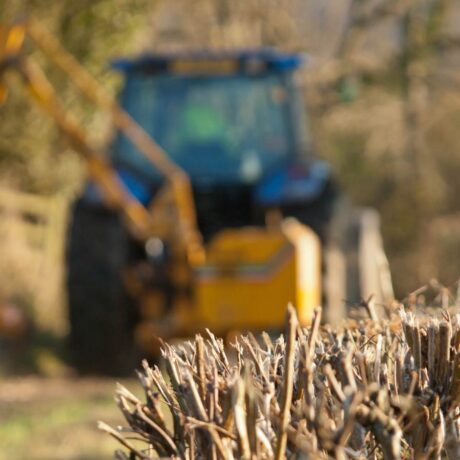UK-US Trade Framework: A New Chapter for British Agriculture
Dr Alex Setchfield
May, 09 2025The recently announced UK-US trade framework brings a mix of opportunity and caution for British agriculture. While not a full free trade agreement, the framework marks progress after the turbulence of increased US tariffs earlier this year. For UK farmers, particularly beef producers, it opens a potentially valuable door.
British beef farmers will gain access to the US market, which has previously been limited to just a few nations, such as Australia. With the US being the world’s largest consumer market, this could help UK producers scale up and diversify exports. The deal allows for a reciprocal tariff-free beef quota of 13,000 tonnes, starting at 10,000 tonnes, and increasing annually by 1,000 tonnes to that cap. Though modest compared to the UK’s existing Australian beef quota (which begins at 35,000 tonnes and rises to 110,000 tonnes), this move is symbolically important and commercially promising. Moreover, British standards on food safety and animal welfare remain non-negotiable. Hormone-treated beef and chlorinated chicken will continue to be banned, and all imports must continue to meet the UK’s high sanitary and phytosanitary (SPS) standards.
However, the framework does not come without its challenges, with the NFU expressing concern around the removal of UK tariffs on US bioethanol imports, particularly around the potential downward pressure on wheat prices used in domestic ethanol production.
WHAT HAPPENS NEXT?
Formal negotiations will now begin to convert the framework into a binding legal agreement. These talks will aim to tackle non-tariff barriers, secure mutual recognition of standards for goods, and ensure commitments on labour practices, digital trade, and economic security. With the US promising “preferential treatment” for the UK in future sectoral tariffs, and more clarity expected from the upcoming visit by the US Secretary for Agriculture on 12th May, the shape of future agricultural trade could evolve rapidly.





